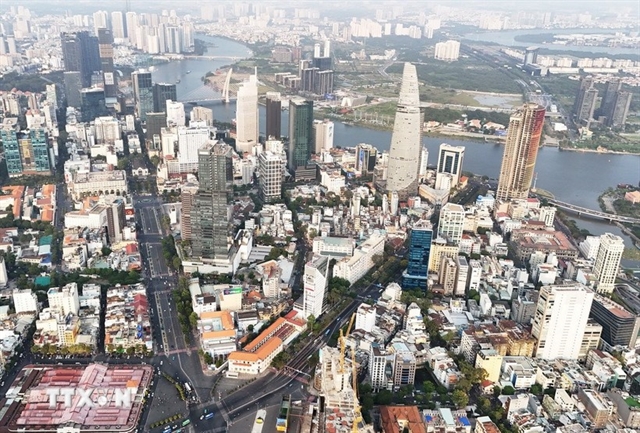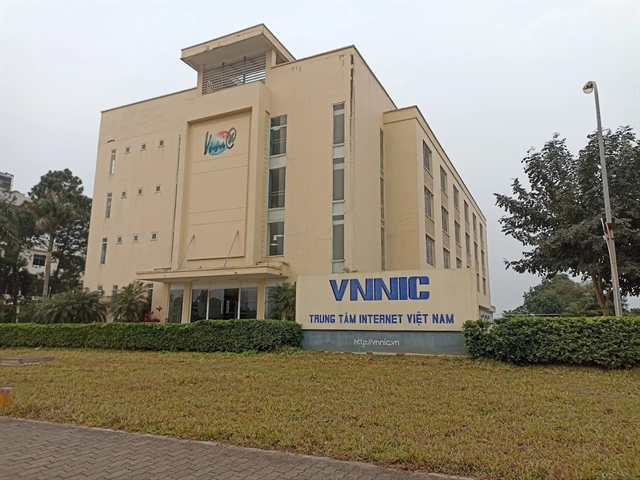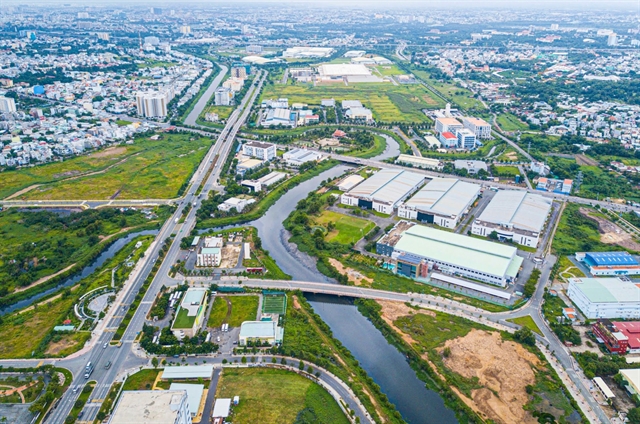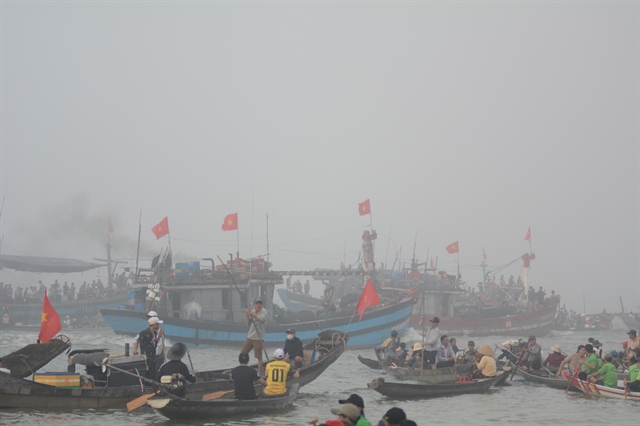 Society
Society

The Mekong Delta province of Bến Tre has called for greater support from international NGOs in areas like healthcare and education and combating the impacts of climate change.
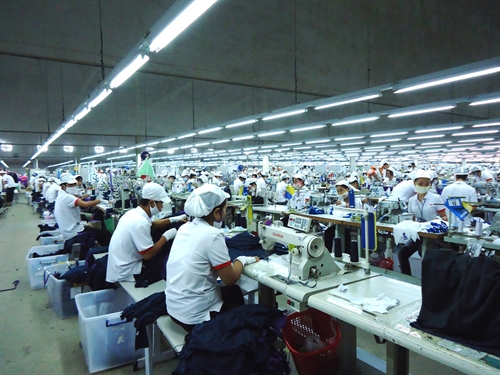 |
| Workers produce clothes for export at the Hong Kong-funded J.Y International Company in the southern Bến Tre Province. The province has called for greater support from international NGOs in areas like healthcare and education to combat the impacts of climate change. — Photo ipabentre.gov.vn |
HCM City – The Mekong Delta province of Bến Tre has called for greater support from international NGOs in areas like healthcare and education and combating the impacts of climate change.
Speaking at a conference in HCM City yesterday on soliciting assistance from foreign NGOs, Nguyễn Hữu Phước, deputy chairman of the Bến Tre People’s Committee, hailed the assistance provided by NGOs to the province in past years.
“NGOs have greatly assisted Bến Tre Province in many fields, and we need more support to deal with many emerging problems.”
Bến Tre is one of the provinces in the delta with modest socio - economic conditions and limited infrastructure. Besides, it is one of the few that have been seriously affected by climate change and rise in sea levels.
In the first quarter of the year, the effect of climate change on the province was severe, damaging 19,500ha of rice (94 per cent totally damaged), 5,750ha of orchards, more than 500ha of other crops, 45ha of oyster farms, 27ha of clam farms and a number of livestock.
The worst affected have been poor and near-poor households, who are the most vulnerable to climate change.
At the end of last year the province had 61,000 poor and near-poor families, equal to 16.5 per cent of all families.
There have been 75 international organisations from 10 nations and territories visiting the province and implementing socio-economic programmes since 2010.
The total value of aid they have provided is estimated at US$16.2 million and focused on health care, education, agricultural and community development, water supply, environment and climate change, reduction of disaster risks, microfinance and rural transport.
“The programmes, projects and NGO aid are properly implemented, effectively targeting beneficiaries, gradually improving infrastructure, promoting socio-economic development and mitigating poverty,” Châu Văn Bình, deputy director of the provincial planning and investment department, said.
In addition, most people in NGOs’ project areas have changed their traditional mindsets, he added.
Many NGOs said their projects have received active support from the provincial government and often finished quicker than in other places.
“We have projects in four provinces and Bến Tre is the best,” Trần Đình Hoàng of the East Meets West said.
“Local and related authorities have greatly supported us.”
The organisation has carried out a VNĐ7 billion ($320,000) project in Bến Tre to improve the quality of rural water supply.
Bình said, however, that the economic situation had hit NGO funding, making it difficult for them to raise money.
“The number of NGO projects and the areas where they work have increased over the years, but the availability of money is still low and does not meet the province’s requirements.”
The province would focus on areas such as capacity building in healthcare, education, green growth and sustainable development; poverty reduction and job creation; reducing environmental pollution; and capacity building for climate change adaptation and disaster risk reduction. — VNS

